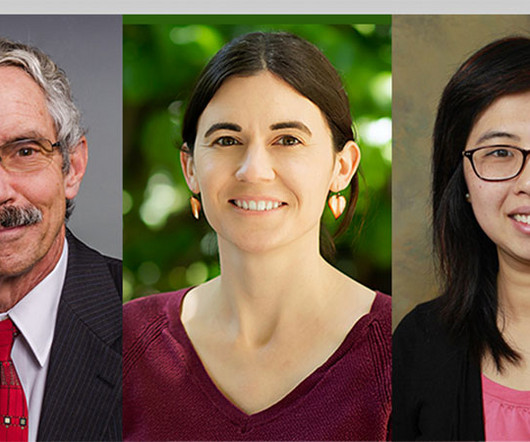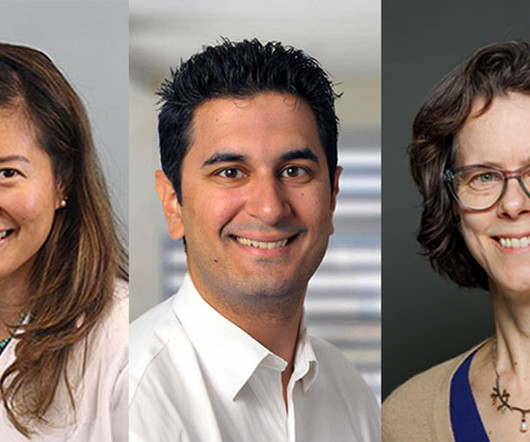Using technology to reclaim our time
Today's Hospitalist
MAY 9, 2025
OUR ENTIRE FIELD of hospital medicine grew out of the need to innovate to address the growing complexities of inpatient medicine. By removing the need to constantly look at a screen or type notes, we can be more present and engaged, fostering stronger therapeutic relationships and improving patient satisfaction.












Let's personalize your content